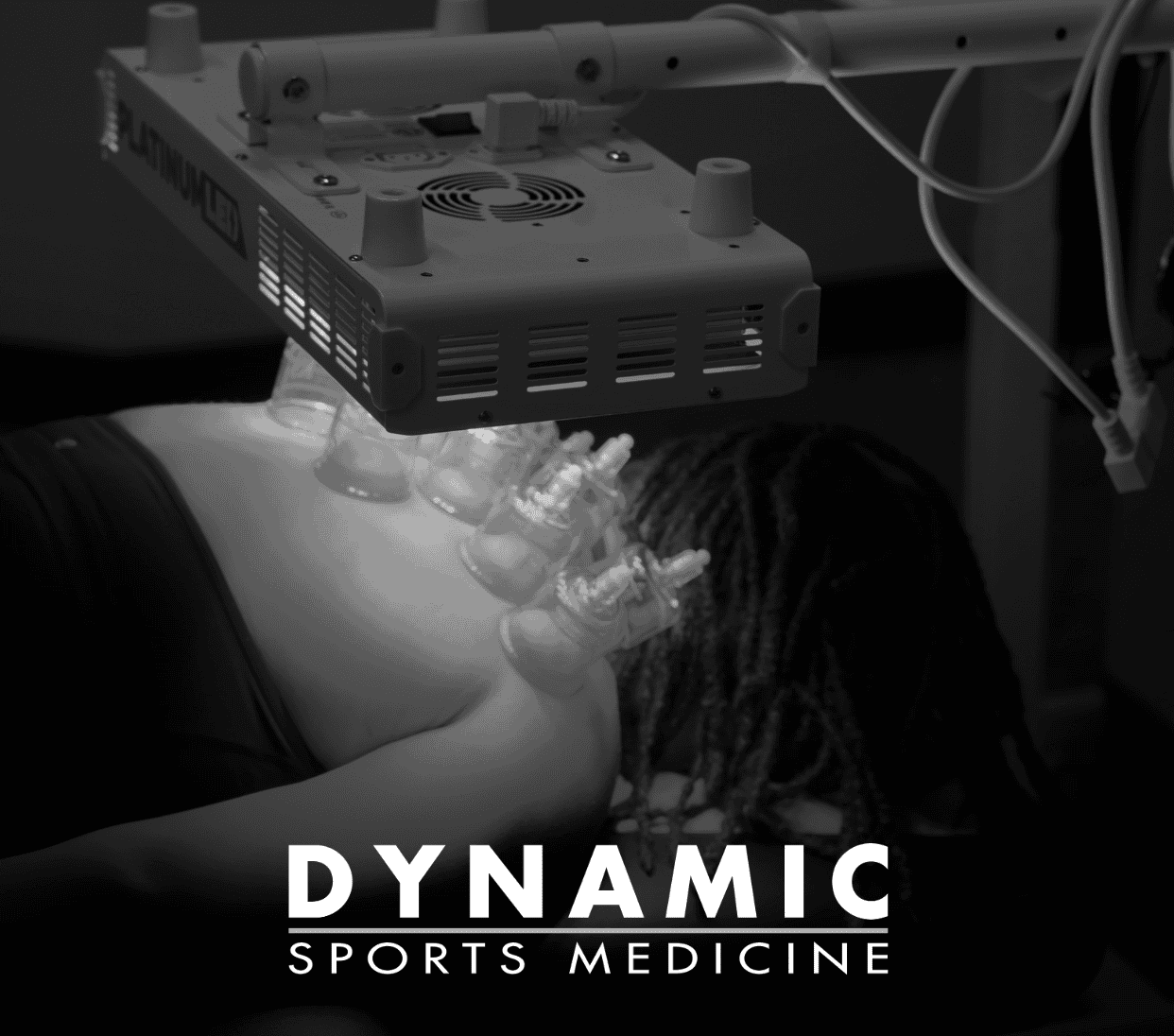More Than Football Players at Risk
Recent research conducted by the American Academy of Orthopedic Surgeons shows that in spite of football being the sport most commonly associated with concussions, it actually falls fourth on the list of sports resulting in concussions as a percentage of total injuries. Girls’ soccer, volleyball and basketball rank higher.
And while concussions continue to plague male-dominated sports, those among female athletes have risen dramatically, due to both a lack of protective equipment available for girls-only sports and an increased emphasis on physical play.
Make no mistake, football still results in a high number of concussive events, however, girls and boys’ high school soccer is responsible for more of the serious concussions, based on recovery times being longer — often more than 22 days. The repeated striking of the player’s head against a hard ball along with player collisions among athletes wearing no head protection is thought to be to blame.
Ice Hockey, rising in popularity in our area, has also become a sport of growing concern surrounding concussions.
Snow Sports
Off the playing field, Texans routinely travel this time of year to take advantage of a wintry mix of cold-weather sporting opportunities. Athlete or not, snow skiing and snowboarding pose a fairly high risk of concussions and other injuries. On-slope collisions with skiers and other objects, as well as hard falls against packed ice account for many trips to mountainside ERs.
Helmet use in snow sports has increased over the last decade, but while research confirms that they do offer skiers and snowboarders added protection from head injury, helmets are more successful at preventing skull fractures, gashes, and bruises than concussions.
This information isn’t to discourage participating in wintertime youth sports since staying active during the colder months can prevent unwanted weight gain and help fight depression and anxiety. Just remember that the risk of sports-related concussions and other head injuries has no off-season.
Proactive concussion management includes having a baseline concussion test. As with other baseline tests, this computerized assessment of player response and brain function gives doctors a point of comparison following a head injury and helps them establish a more personalized treatment plan.
If you suspect your young athlete may have suffered a concussion, immediate treatment is best. Contact us for concussion management and to discuss ways to prevent concussion in your young athlete.


